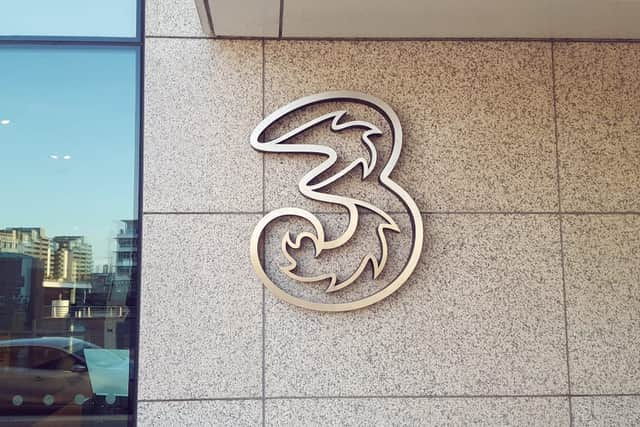O2 and Three are raising phone bill prices - here's how to check if you're affected


Customers on pay-monthly contracts with Three Mobile and O2 will see their bills rise in the coming months after both companies announced their latest inflation figures.
How much will my phone bill go up by?
With both providers, customers will see their bills go up by 2.7 per cent. No matter what the length of your contract is, if you're a pay monthly customer with either network, you will be affected.


Advertisement
Hide AdAdvertisement
Hide AdHowever, depending on which network you're with, you'll see your bill go up at a different time.
If you're with O2 and your pay-monthly tariff was taken out after 23 January 2014, your bill will go up from April 2020.
Three mobile customers will see their bill go up from May 2020 (Photo: Shutterstock)
If you're with Three on a SIM-only or pay-monthly tariff taken out after 29 May 2015, your bill will go up from May 2020.


Advertisement
Hide AdAdvertisement
Hide AdThe inflation figure would see a £30 per month tariff go up by 81p.
Can I cancel my contract to avoid the price hike?
If you are part-way through a mobile phone contract, you have the right to leave it within 30 days of being notified of a price rise that is above inflation.
However, as Three and O2's price hikes are in line with inflation, you won't be able to leave without paying whichever penalties are levied by the company. These should be detailed in your contract.
O2 customers will see their bill rise from April 2020 (Photo: Shutterstock)
Can I switch to a different provider?
Advertisement
Hide AdAdvertisement
Hide AdIf you are out of contract with either provider, you may be able to save money by switching to a different provider or deal.
You can compare deals on price comparison websites to determine what would work best for your budget.
Are other phone companies raising their prices?
BT recently announced a 1.3 per cent price hike for customers, while EE's rise will be 2.2 per cent - in line with December's inflation figure. Vodafone is set to announce its price rise on 25 March 2020.